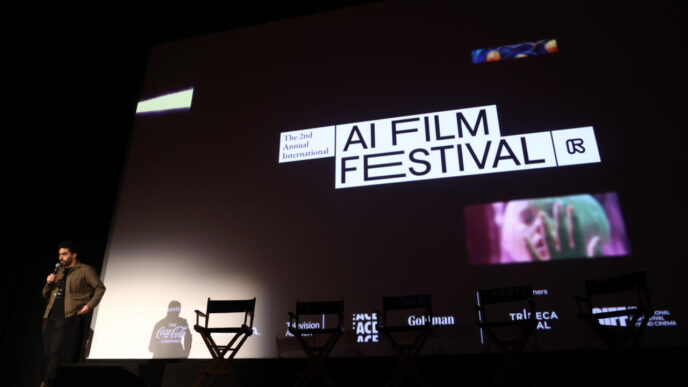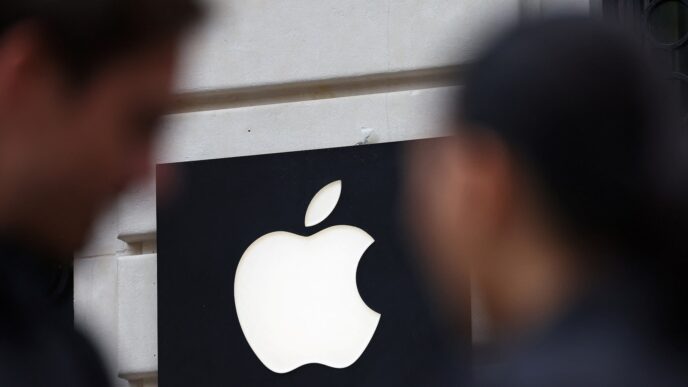Business schools are leaning hard into AI as a must-have skill for students and future hires. GMAC’s 2025 Corporate Recruiters Survey reveals employers are betting on AI knowledge as the fastest-growing critical skill for new business grads over the next five years.
Over 75% of business schools have already embedded AI tools into their programs. This ranges from essay writing and personal tutoring to career advice and sharpening soft skills.
At Rotterdam School of Management, Erasmus University, students must use AI tools in essays and log their use. Lara Harfner, an International Business Administration student, found AI-generated content was polished but often irrelevant or vague. Her grades dipped on AI-assisted essays.
“I was quite surprised when we were explicitly instructed to use AI for an assignment,” Lara said.
“I liked the idea. But at the same time, I wondered what we would be graded on, since it was technically the AI generating the essay.”
“In the end, I felt noticeably less connected to the content.”
“To me, that shows that AI is a great support tool, but it can’t produce high-quality academic work on its own.”
Employers echoed this, preferring grads who use AI as a strategic partner—not a shortcut.
Meanwhile, Porto Business School’s Daniel Carvalho uses AI as a personal tutor, breaking down complex topics and creating podcasts from course texts. He even built a custom GPT bot to quiz himself and deepen understanding, helping him ace his exams.
Villanova School of Business takes it further, training Master of Science in Business Analytics and AI students to build personalized AI bots with distinct personalities that answer queries using embedded course materials.
Nathan Coates, MSBAi faculty director at Villanova, framed the program’s goal bluntly.
“Employers are increasingly looking for knowledge and skills for leveraging GenAI within business processes. Students learn what AI systems can and can’t do better than existing solutions.”
Estonian Business School PhD candidate Kristiina Esop warns AI outputs are not foolproof. She once asked ChatGPT to map actors in circular economy governance, but got an oversimplified result.
“It reminded me that complexity can’t always be flattened into clean logic. If something feels too easy, too certain—that’s when it is probably time to ask better questions.”
“AI can widen the lens, but I still need to focus it myself.”
Wharton’s Ethan Mollick, co-director of the Generative AI Lab, advises treating AI like a person but remembering it’s just software.
Hult International Business School expects balanced AI use too. Students, like Rafael Martínez Quiles, build their own logic first, then use AI to check their work.
“I develop my logic from scratch, then use AI to catch potential issues or suggest improvements.”
“AI is only powerful when used with real understanding. It doesn’t replace creativity or business acumen, it supports it.”
Hult’s AI Society, N-AIble, promotes ethical AI use to augment—not automate—work.
Nazarbayev University is pushing AI teamwork with its ‘AI Jockey,’ an assistant that pops up beside lecturers’ slides, offering instant clarifications and challenging assumptions.
“The AI Jockey model encourages students to think critically about information, question the validity of AI outputs, and build essential AI literacy,” said Dr. Tom Vinaimont, assistant professor of finance at Nazarbayev.
GMAC rolled out Advancery, an AI-powered tool helping potential students find business programs aligned with AI readiness and career goals.
Bottom line: knowing how and when to use AI is now a core business skill. The race to master it has hit b-schools full throttle in 2025.














